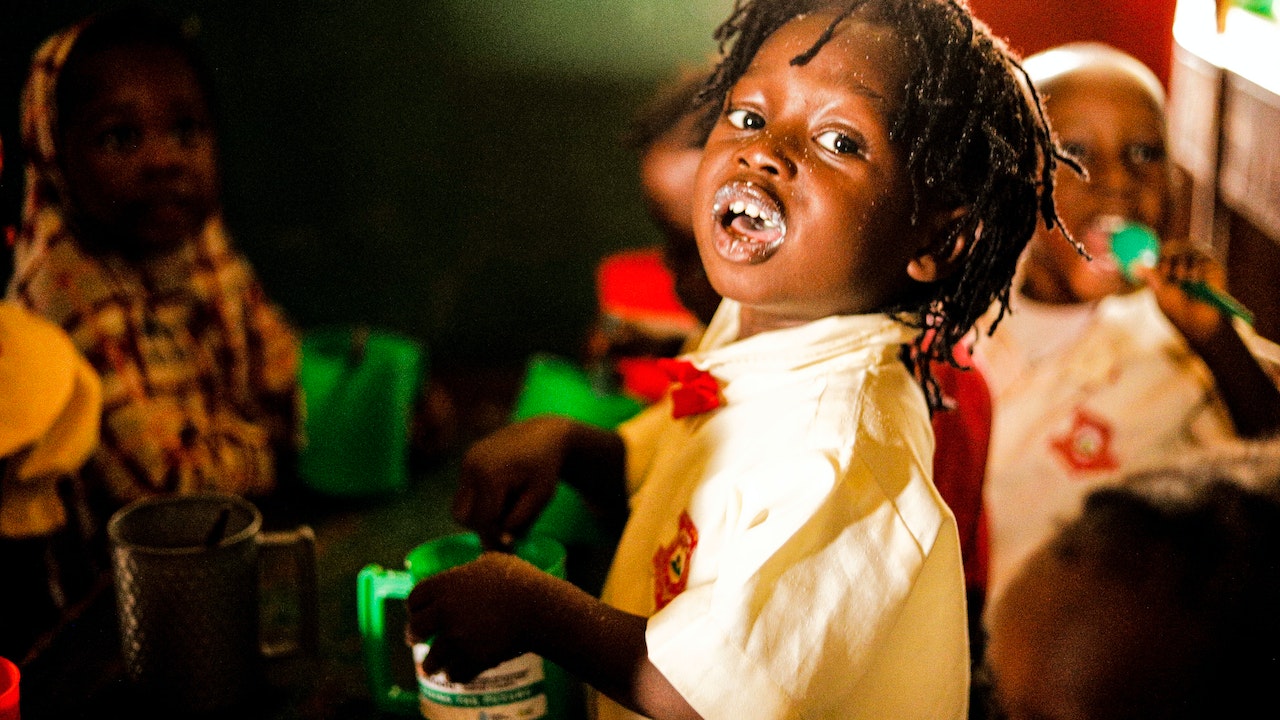UN Expert Warns Against Economic Growth as Solution to Global Poverty Crisis
De Schutter's report underscored how economic growth in developing nations, particularly in the Global South, has often failed to alleviate poverty.

The UN’s Special Rapporteur on extreme poverty and human rights, Olivier De Schutter, issued a stark warning today, challenging the long-held belief that economic growth alone can eradicate global poverty. In his report to the UN Human Rights Council, De Schutter criticized the traditional approach of prioritizing economic expansion as a strategy to combat poverty, labeling it a flawed and perilous path.
"For decades, we've adhered to the same tired formula: grow the economy first, then use the resulting wealth to tackle poverty. This approach has served us an unpalatable reality: a world teetering on the brink of environmental collapse, where a minuscule elite amasses unprecedented wealth while hundreds of millions endure the horrors of extreme poverty daily," De Schutter declared.
Highlighting the environmental devastation and extreme inequality exacerbated by mainstream economic policies, De Schutter urged governments and international bodies to pivot away from using Gross Domestic Product (GDP) as the primary measure of progress. Instead, he called for a paradigm shift that places human rights and well-being at the forefront of economic decision-making.
"Our fixation with 'growthism' is myopic and only serves to enrich the wealthy while devastating the planet's life-support systems," De Schutter emphasized. "GDP and consumerism have become dangerous distractions from what truly matters: ensuring everyone can lead dignified lives on a sustainable planet, with access to essential services and a clean environment."
De Schutter's report underscored how economic growth in developing nations, particularly in the Global South, has often failed to alleviate poverty. He pointed out that economic advancement in low-income countries frequently relies on exploiting cheap labor and natural resources to produce goods for wealthier nations or repay foreign debts, perpetuating cycles of inequity.
"Even in regions where growth remains necessary, development must no longer be synonymous with GDP expansion but rather with enhancing social and ecological well-being," stressed the Special Rapporteur.
The report called for immediate reevaluation in the fight against poverty, advocating for a swift transition to a human rights-based economy. This shift would prioritize public services, social protection, and sustainable development. De Schutter urged measures such as debt restructuring, progressive taxation on wealth and carbon emissions, and enhanced global cooperation to combat tax evasion.
"Our blind faith in perpetual economic growth has constrained our ability to innovate, severely hindering progress in poverty alleviation," De Schutter lamented. "However, actionable steps can redirect us towards a sustainable path: rejecting GDP as the sole measure of success, guaranteeing government-backed employment, valuing unpaid domestic labor, setting fair minimum wages, and curbing wealth accumulation from environmentally harmful industries."
In closing, De Schutter stressed the urgency of adopting these policies to safeguard both humanity and the planet. He called on global leaders to embrace a transformative agenda that prioritizes human dignity and environmental stewardship over outdated growth-centric models.
- READ MORE ON:
- UN Human Rights Council
- Olivier De Schutter
- poverty










